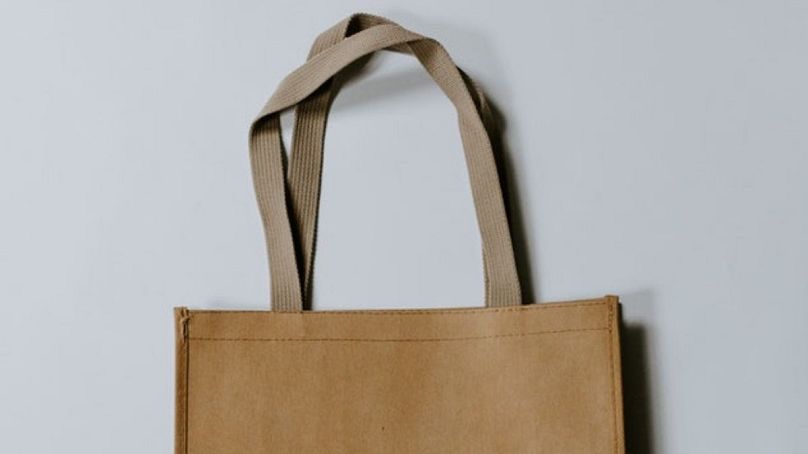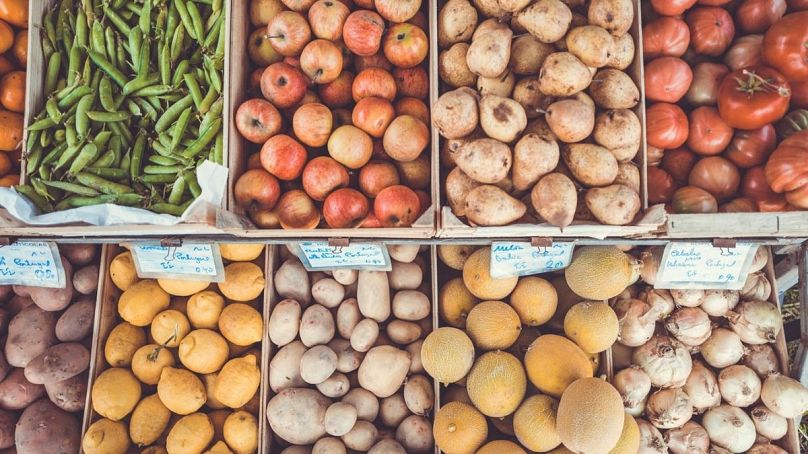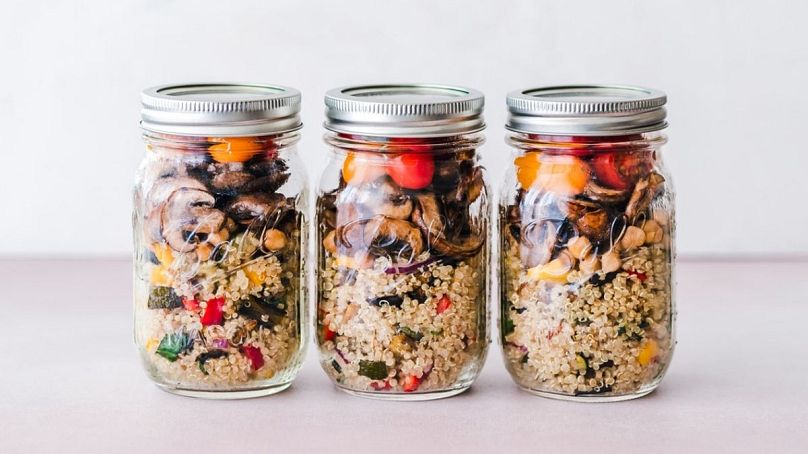We look into why reducing plastic waste can be more easily achieved when producers sell in bulk and consumers bring their own reusable food packaging.
“Tomorrow, when we have a choice between two bottles, one made out of recycled plastic and the other not, the second one will be more expensive”, states Brune Poirson, the French secretary of state of Ecological Transition last summer. This penalty system for consumer goods made of non-recycled plastic will be implemented in France in 2019 in light of French President Emmanuel Macron's pledge to recycle 100% of plastic by 2025. “The system already existed, but the amounts of money were too low to be really incentive”, said Marine Foulon from Zero Waste France.
This is all very well, of course, but the recycling situation in Europe is still problematic. In July 2017, the Euromonitor International report published in The Guardian, taught us that less than 7% of PET bottles produced in 2016 had actually been collected and transformed into new bottles. Today, 20% of waste is recycled in France, 30% in Europe, and 40% in Norway and Germany. A situation that is all the more alarming given that Europe is the second largest producer of plastic in the world behind China.
In the face of this situation, selling in bulk and encouraging consumers to bring reusable jars, bottles and bags to do their shopping, might be a game-changer in fighting plastic pollution. So, what are the existing initiatives to reduce plastic waste in Europe right now?
Local Shops
Coffee roasters, tea houses, butchers, delicatessens, dairies and storekeepers in local markets… every day, they are becoming more used to the fact that their customers take home their shopping in reusable containers such as egg cartons, plastic boxes, jars, fabric bags or old paper bags. Health food stores were the first to initiate this movement but bulk selling food products today has a 40 % turnover! But, even if bulk selling is making good progress and is no longer a niche market, its success has to be qualified: in regular shops, it still only represents 10 % of global revenue.
Are supermarkets becoming more eco-friendly?
You wouldn’t think so, but the really good news comes from the supermarkets, where organic food and bulk selling has soared! Fruit and vegetables, but also fresh products such as cheese, cooked meats and seafood can now be packaged in your own jars or plastic containers. “Today, people consume less, but better. This is a huge change, and supermarkets cannot afford to miss it”, said Jérémie Guiragossian, director of Carrefour, a French supermarket in Moulins.
And that’s not all: last year, health food supermarket Ekoplaza in Amsterdam opened a 100 % plastic-free section, a world first! To help consumers to become more eco-friendly, all their products bear the Plastic Free Mark label, launched by the British organisation A Plastic Planet. Given the initiative’s success, the store chain has now implemented the concept in 75 stores!
e-Shopping
If you’re interested in Bulk Selling, then you’ll probably hear about Loop in 2019. This platform, which aims to promote zero waste in e-shopping businesses, has managed to engage 25 agri-food global giants, notably: Unilever, Procter & Gamble, Mondelez International, Carrefour, The Body Shop, UPS and Suez.
Launched in Davos, Switzerland at the beginning of the year, this initiative will be tested out in May in Paris and New York and will allow consumers to order online cookies, pasta, shampoo or beauty products. All products will be packed in sustainable, reusable and refundable containers. Empty containers will then be collected from the consumer's home, cleaned and reused. However, the concept will have to convince consumers on a long-term basis, as 5 reuse cycles are necessary to make its environmental impact lower than conventional products.
A new kind of drive-through
However citizens are inventing creative ways of fighting plastic waste. In France, a young couple from Toulouse invented the first zero waste drive-through! Called “Drive Tout Nu”, which could be translated as “Naked Drive-Through”, the concept will allow people to shop on-line, and then go to the supermarket to collect their shopping in reusable containers. An initiative that is as beneficial for the earth as it is for people’s health: it will free consumers from all toxic molecules (phthalates, bisphenols and other endocrine disrupters) that tend to seep into our food from plastic the plastic packaging.
How can you reduce your plastic waste on a daily basis?
Here are a few tips!
⦁ Consume differently: avoid supermarkets and support local shops instead (this will prevent you from buying meat sold in polyester containers, for example), try to replace plastic containers by using glass jars and compost leftover food
⦁ Make your own household products: there are a lot of fun tips and recipes to create your own home-made hair gel, toothpaste or deodorant. Not only is it ecological, but also very economical!
⦁ Be aware of which shops implement recycling initiatives: for example the French company “Jean Bouteille” sells water, orange juice and olive oil in reusable glass bottle
⦁ Give objects a second lease of life, thanks to the “three Rs”: Reduce (your consumption), Reuse and Recycle.














